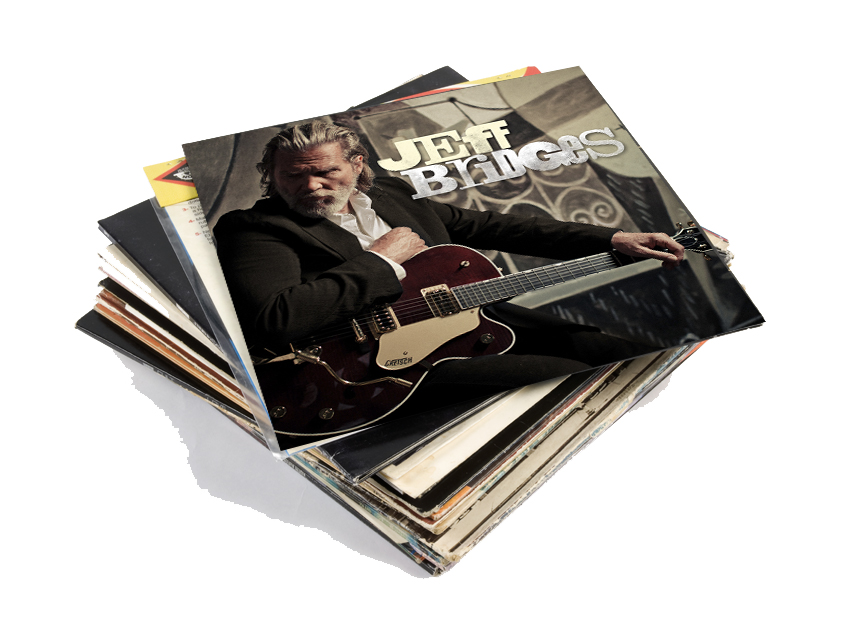
Jeff Bridges' self-titled album reviewed
The late film critic Pauline Kael once said that Jeff Bridges was "the most natural and least self-conscious actor who ever lived." Those words appeared in her review of the 1973 film The Last American Hero, when Bridges was just 23, decades before the actor made good on that description and won an Oscar for his deeply affecting portrayal of the grizzled former country music star Bad Blake in 2009's Crazy Heart.
Miraculously, the same phrase can be applied to Bridges' abilities as a musician: He did his own singing and guitar playing in Crazy Heart, and who can forget his jazzy tinkling of the ivories, along with his brother Beau, in 1989's The Fabulous Baker Boys?
Fact is, Bridges has been a musician as long as he’s been acting (in his teens he played guitar in bands and has continued to jam with friends), and while his self-titled major-label debut isn’t his first time at the rodeo (in 2000 he released Be Here Soon on his own Ramp Records), it does mark the beginning of something truly startling and exciting: Jeff Bridges, world-class recording artist.
The album, due out 16 August, features several of Bridges’ own compositions, along with material by a host of friends and collaborators (most notably John Goodwin and the late Stephen Bruton, the latter of whom served as a guitar coach to the actor on Crazy Heart).
Produced by longtime pal and associate T Bone Burnett, who oversaw the soundtrack to Crazy Heart, the record sees Bridges backed by a stellar group of players, among them guitarists Marc Ribot, bassist Dennis Crouch, pedal steel guitarist Russ Pahl and drummer Jay Bellerose, as well as guest vocalists Roseanne Cash, Ryan Bingham (who won an Oscar with Burnett for co-writing Crazy Heart’s The Weary Kind), Sam Phillips and Benji Hughes.
Not a bad bunch, but the heart and soul of Jeff Bridges, the album, is Jeff Bridges the musician, who, true to Kael’s summation, infuses his songs (a seamless blend of unvarnished country-rock, mood country and a couple of art pieces that defy easy categorization) with a natural, unbridled spirit. But he also brings something more vital to the proceedings that he simply couldn’t have in 1973: a lifetime of living, of taking in the highs and lows, using what’s important and discarding what isn’t. Bridges brings all of himself to the music here, and that’s a man, and artist, in full.
Now, let’s go through Jeff Bridges, the album, track by track.
First up: What A Little Love Can Do
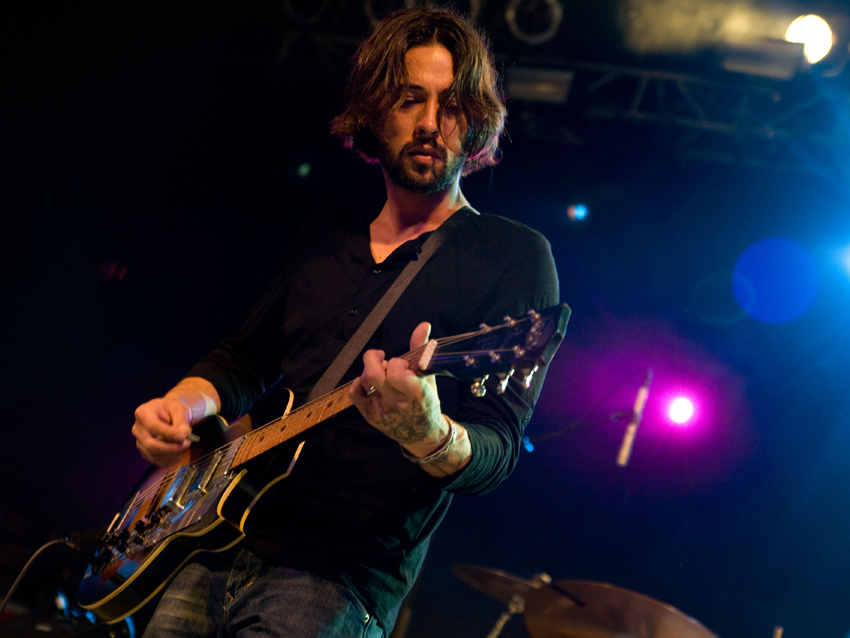
What A Little Bit Of Love Can Do
What A Little Bit Of Love Can Do opens with a steady gait, a country-rock chug, and within seconds we’re eased into the sound of Jeff Bridges’ rich, earnest, take-me-as-I-am voice. It’s the musical equivalent of slipping on a comfy pair of slippers.
More than anything else on the album, this cut bears the loudest echo from Crazy Heart, and with good reason: it was co-written by the late Stephen Bruton, who contributed music to the film, and features backing vocals by Ryan Bingham, who won an Oscar, Golden Globe and Grammy Award for co-writing The Weary Kind, featured prominently in the picture.
T Bone Burnett gets off some earthy and choppy guitar licks in the mid-section, before turning it back over to Bridges and Bingham. The way the two singers, obviously enjoying themselves, double up on the chorus has the same ameliorating effect as a gentle pat on the knee from an old friend – or two, in this case.
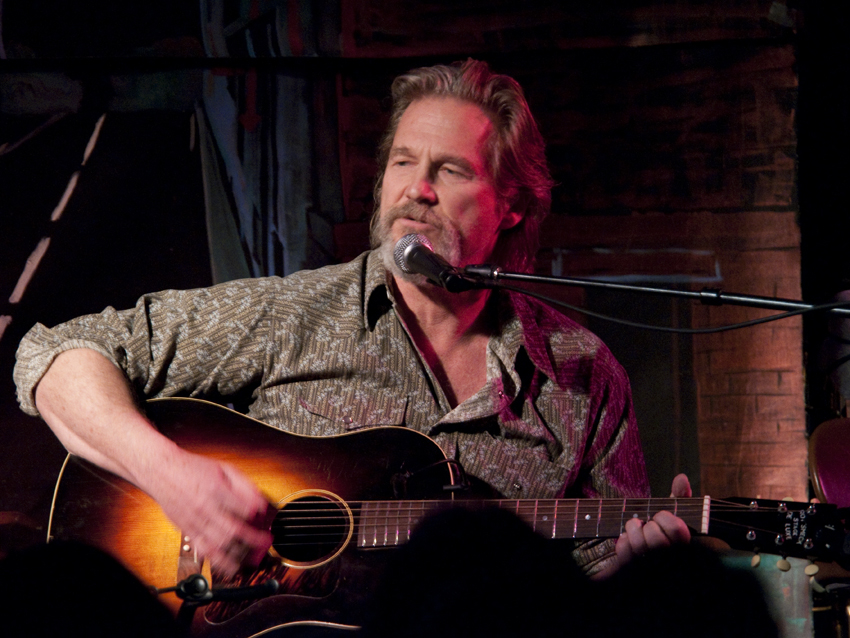
Falling Short
Written by Bridges, Falling Short quickly serves notice, in its own lilting yet troubling way, that a dark cloud has moved overhead.
Marc Ribot’s Nashville and baritone-strung guitars create a surreal, Mazzy Starr-ish sonic bed for which Bridges and guest vocalist Sam Phillips can rest their heads as they exchange secrets and questions.
The pace is that of a dirgeful wind. Jay Bellerose’s drumming, a deft mixture of snare rolls, floor tom fills and cymbal crashes, conjures dramatic swells of emotions. Fascinating and transporting.
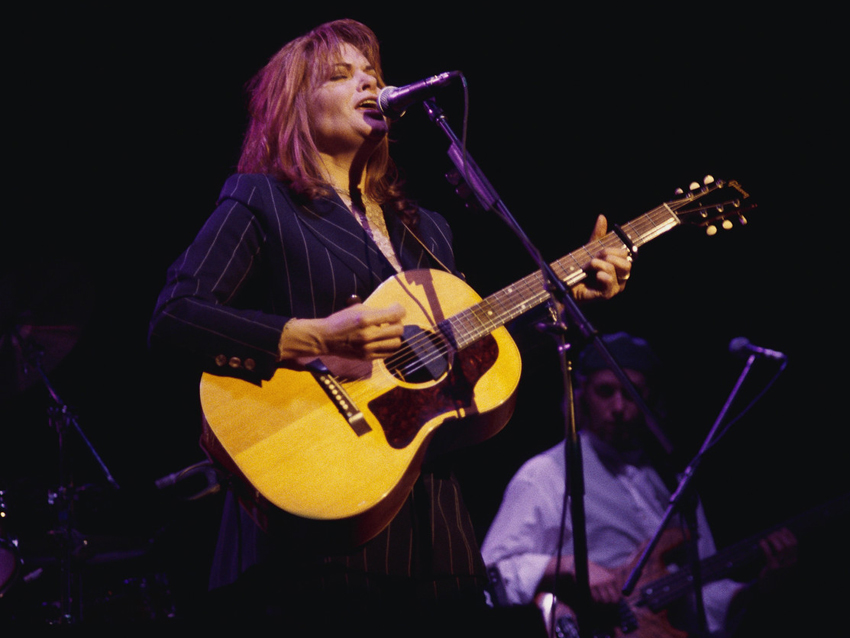
Everything But Love
Lyrically, this song recalls some of the themes explored in Bruce Springsteen’s Tunnel Of Love, namely, that of a rich, satisfied man searching for what’s real and crucial in life (no, it wasn’t written by Bridges; John Goodwin penned the tune). But the musical landscape – brushes on the snare, a gliding pedal steel – is pure Hank Williams, and it suits the lush voices of Bridges and Roseanne Cash to a T.
Jackson Smith applies a simple yet effective baritone guitar solo that gives way to the final verse and chorus. What’s remarkable about the song, and the whole album, really, is how each word seems to come straight from Jeff Bridges’ inner being. As is the case with his greatest screen performances, you believe his every line - no, you believe that they're not just lines. And when Ms Cash repeats those thoughts in kind, it’s like hearing two lovers speak to each other in private.
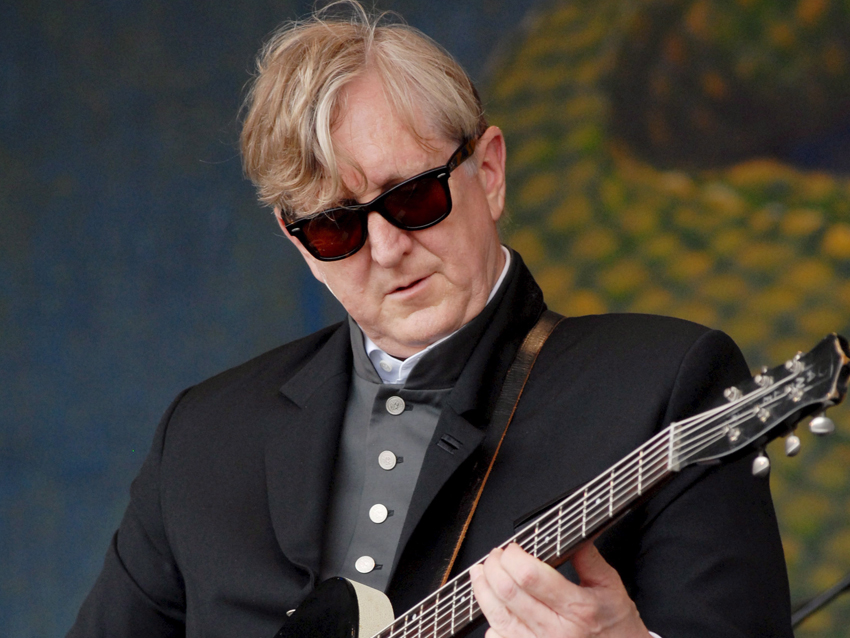
Tumbling Vine
Mix Marc Ribot’s tangled web of guitar figures with the airy propulsion of Dennis Crouch’s bass and you have the perfect accompaniment for Bridges’ trip into art-rock fantasia. Pour yourself a glass of strong hooch if you want to get a handle on this wicked ride.
Picture The Dude brushing shoulders with Charles Bukowski and you’ll get an idea of the intoxication that awaits. It’s not a song in the traditional sense; rather, it’s a bleary renunciation of rules and boundaries, and that’s what makes it such a kick. Bridges (backed by Sam Phillips and Benji Hughes) sounds like he’s just come off one heck of a bender, but he’s arrived with visions, and in his own leisurely style he sings them as if they're epiphanies.
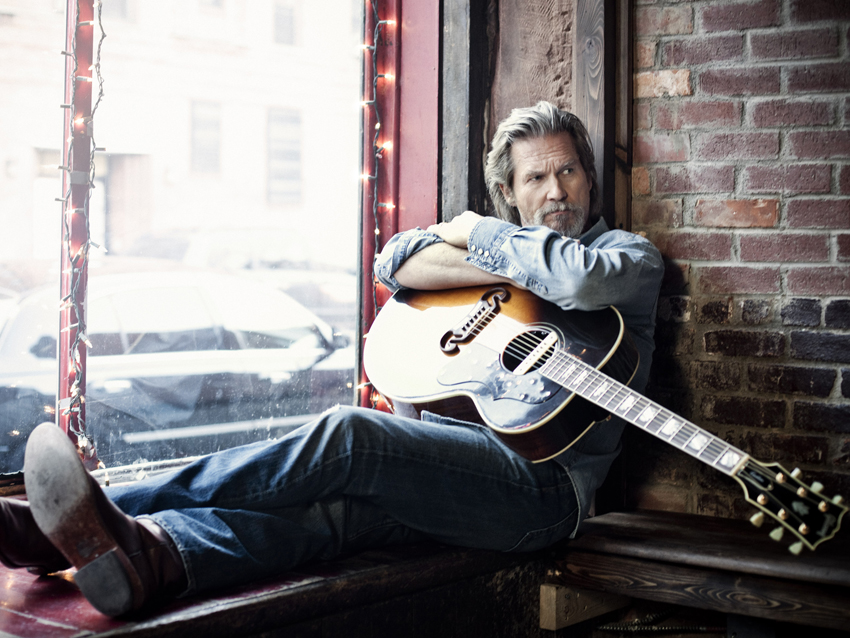
Nothing Yet
Stephen Bruton’s examination of the life he’s led and the one he might not live to see receives a plaintive, nuanced reading by Bridges that is altogether shattering.
The pace is languid, funereal, and the manner in which Burnett combines the swirl of pedal steel guitar and percussion works up a dizzying, unsettling yet oddly sensual glow.
Bridges barely raises his voice above a whisper throughout, but he’s all heart, full of ache. And for a song that feels timed to one’s actual pulse, that’s of no small significance.
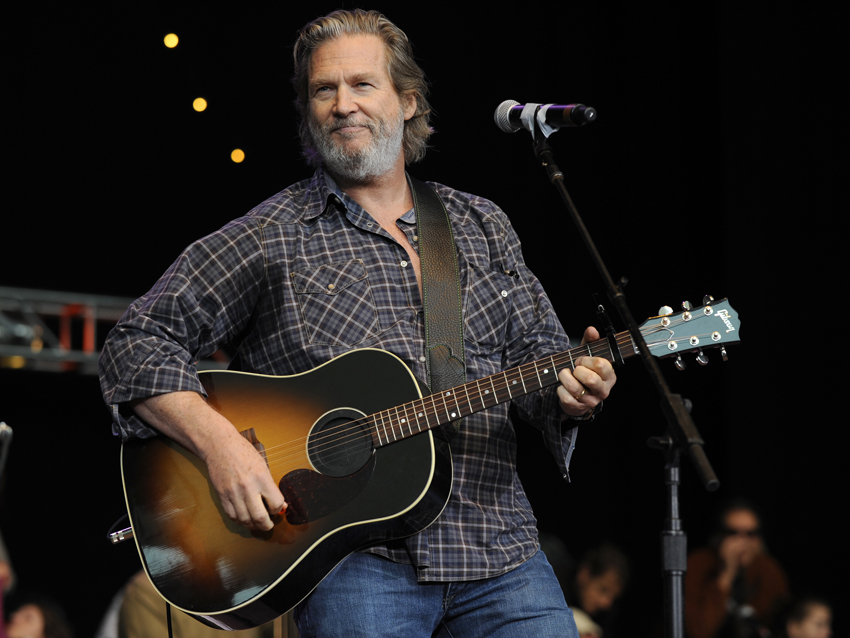
Blue Car
A slow-burner of a rock ‘n’ roll number that gradually gathers steam. What’s interesting is that Bridges starts out as if he’s doing a vague Randy Newman impression – it’s more like an affectionate nod, really – but like the song itself, midway through he lands on his own feet and finds his true voice.
Of all the songs on the album, Blue Car is a bit of a trifle, but it’s one that is steeped in Burnett’s rich brew of Americana. The guitars (played by Burnett and Ribot) cluck and squawk like chickens on a farm, the piano licks bubble and roll by like a country stream. It’s a track that is stylized without seeming in any way artificial.
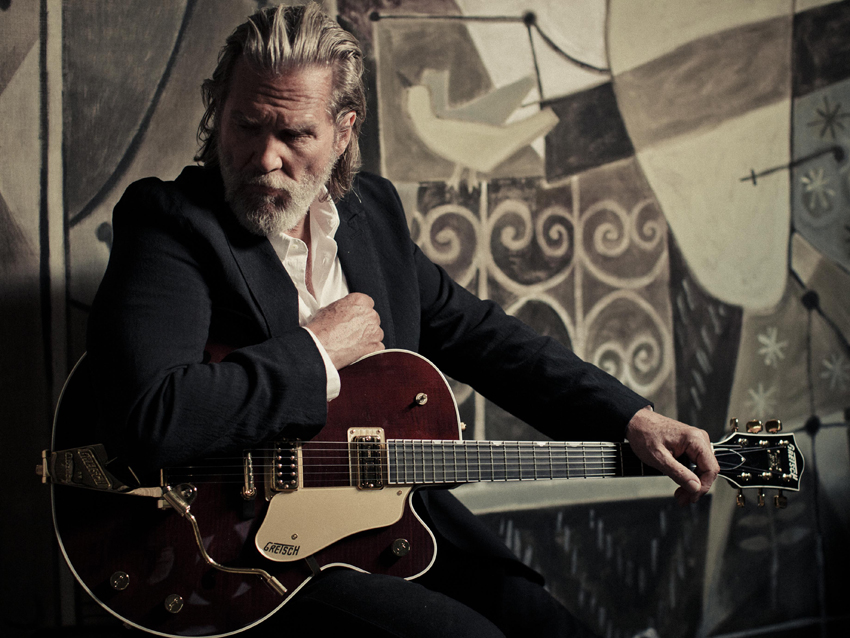
Maybe I Missed The Point
You want country strong? You’ve come to the right place on this genuine slice of Grand Ol’ Opry-style goodness. In a fictional celluloid world, Bad Blake and Hank Williams could work wonders with this rocking chair a-rockin’ winner.
As an actor, Bridges has always been able to find that sweet spot in all of his characters. He locates their center and sets the tone for the whole film. Here, too, he pulls off the same thing, allowing his voice to be the foundation for Pahl and Burnett's evocative guitar treatments.
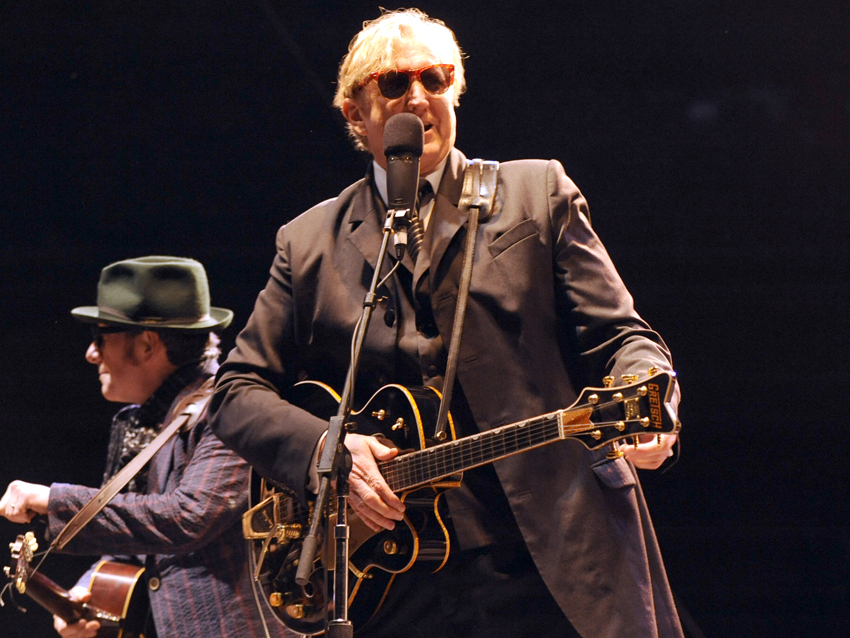
Slow Boat
Like a hallucination, Slow Boat descends upon you and has its way with you. Over a death-march rhythm and echo-drenched guitars that snap and pop like firecrackers, this dazzling original buries itself in the thicket of your senses.
And then there’s Bridges, not so much singing his lines as summoning them from his soul. The haunting, pained and ravaged sound of his voice – and he really does seem almost spectral here – is chilling to the bone. Roseanne Cash drifts in and drapes her delicate tenor around his world of hurt.
Four minutes into this six-minute inferno, the guitars rise up, destroying everything in their path. What starts out as a somber prayer ends like an exorcism.
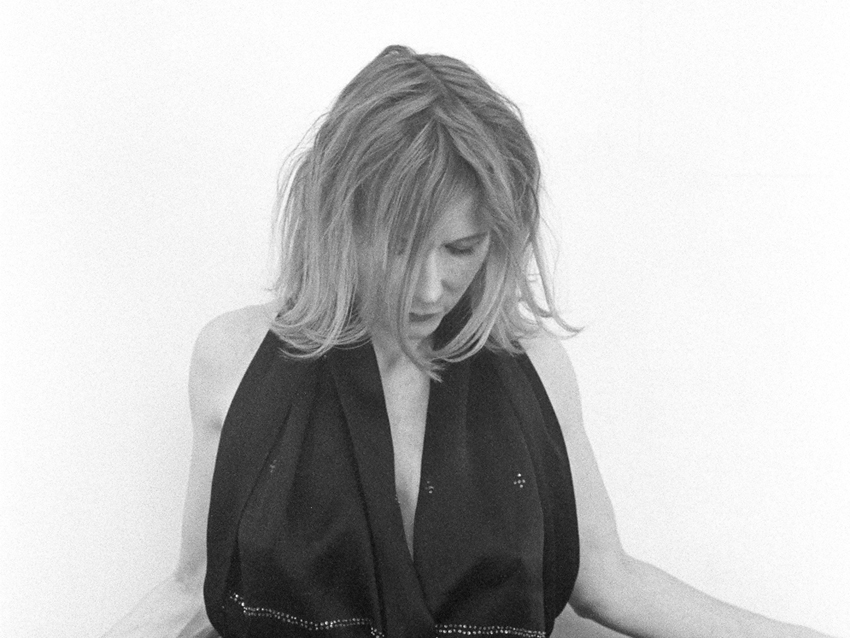
Either Way
Over lightly plucked guitars that twinkle like stars in the night sky, Bridges and Sam Phillips spin a stirring tale of love and regret.
At times, the sonics recall U2’s late-‘80s Joshua Tree/Rattle & Hum period. The guitar treatments that Burnett bathes this song in – and a good portion of the album, actually – sound like some of the figures The Edge played on tracks such as All I Want Is You.
Still, it’s an atmosphere that never seems forced, and the graceful way that Bridges and Phillips tuck their words around each chord and arpeggio enlarges the song’s meaning.
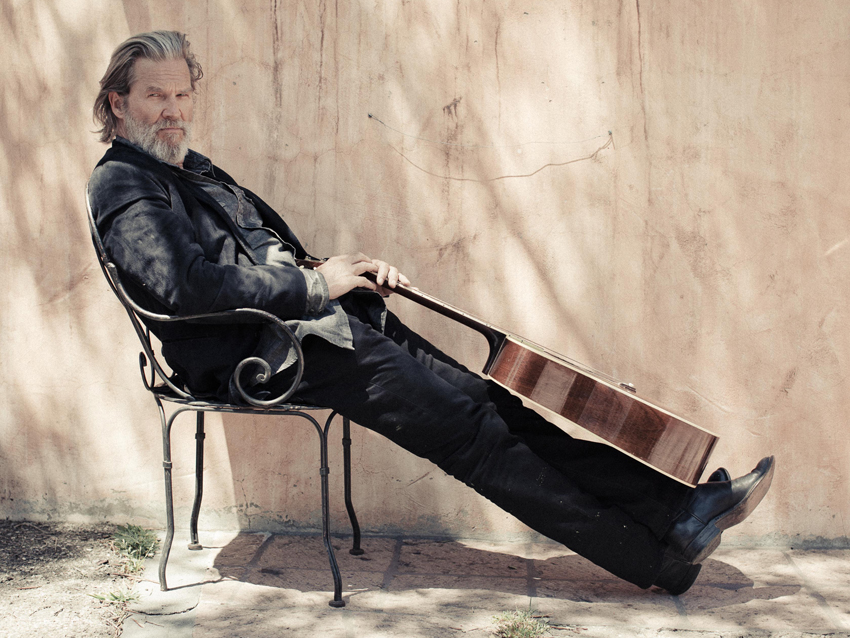
The Quest
Bridges closes out his stunning triumph of an album with a brief, country-bred mission statement. “Now I’m done doin’ nothing and weary of rest/ and I’ve got to get back to the quest” he intones over a colorful tapestry of acoustics, electrics and pedal steel.
Although he sounds almost curiously lonely in this final number, one can’t help but recall The Dude or Bad Blake at the conclusion of their respective sagas and think that the end is just another way of beginning again. We have a feeling we'll be seeing a lot more of Jeff Bridges, both on screen and the concert stage.
Joe is a freelance journalist who has, over the past few decades, interviewed hundreds of guitarists for Guitar World, Guitar Player, MusicRadar and Classic Rock. He is also a former editor of Guitar World, contributing writer for Guitar Aficionado and VP of A&R for Island Records. He’s an enthusiastic guitarist, but he’s nowhere near the likes of the people he interviews. Surprisingly, his skills are more suited to the drums. If you need a drummer for your Beatles tribute band, look him up.
